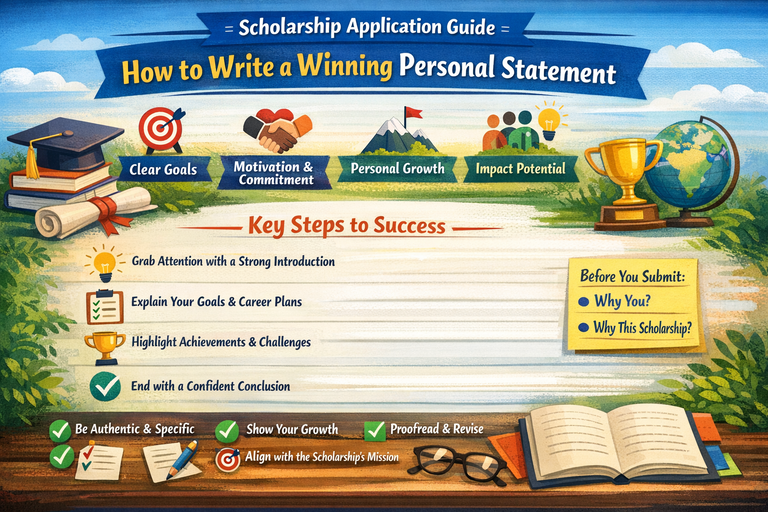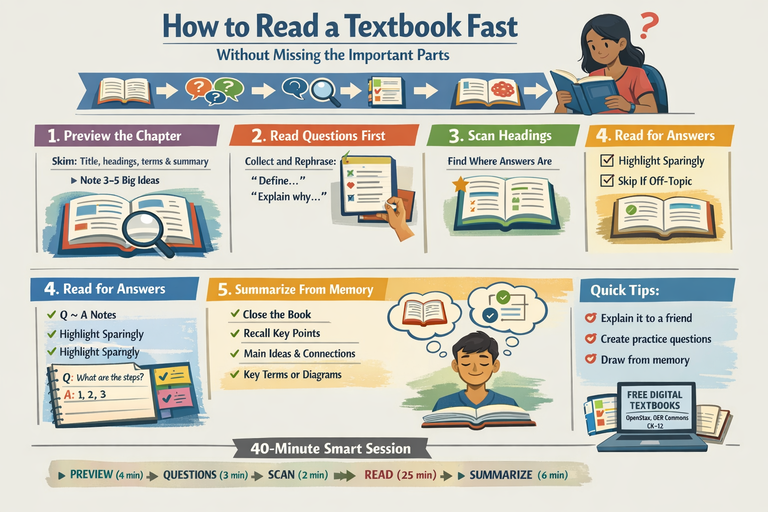What Makes a Book “Literary”? Exploring Genre vs. Literary Fiction
In bookstores, libraries, and literary circles, the label “literary fiction” carries a certain weight. It suggests depth, prestige, and artistic merit—perhaps even a slower pace or a more “serious” tone. Meanwhile, books categorized as “genre fiction” are often described as fast-paced, plot-driven, and commercially successful, but rarely given the same critical attention.
But what exactly makes a book “literary”? Is it the writing style, the complexity of themes, or simply the way the book is marketed? And why is there such a sharp divide between literary and genre fiction in the first place?
In this blog post from Junkybooks, we explore the distinctions, the overlaps, and the myths behind one of the most debated topics in the book world.
Defining Literary Fiction
Literary fiction is typically defined as fiction that places emphasis on style, character development, and thematic depth over plot or action. These are books that are often studied in academic settings, reviewed in literary journals, and awarded prestigious prizes like the Pulitzer or the Booker.
Key traits of literary fiction include:
-
Complex characters who undergo internal development
-
Layered themes that explore philosophical, psychological, or social issues
-
Elegant or experimental language
-
Ambiguous or open-ended conclusions
-
A focus on ideas over entertainment
These works often ask readers to slow down and reflect, to question assumptions, and to appreciate the craftsmanship of language.
Understanding Genre Fiction
Genre fiction refers to books written to fit within specific categories such as mystery, romance, science fiction, fantasy, horror, and thriller. These novels are usually plot-driven, aim to entertain, and often follow certain conventions or formulas that fans of the genre expect.
Some common traits of genre fiction:
-
Clear genre tropes or archetypes (detectives in mysteries, love interests in romance, space battles in sci-fi)
-
A strong narrative drive or hook
-
Satisfying endings (often with good prevailing over evil)
-
A focus on storytelling over prose style
-
Emphasis on plot over theme
However, none of this means genre fiction lacks depth or literary value—it simply means it often prioritizes different elements.
Genre vs. Literary Fiction: A False Divide?
The distinction between genre and literary fiction is useful in marketing and shelving books, but in reality, the lines are blurry. Many “literary” novels incorporate genre elements, and many genre novels achieve the kind of depth and artistry traditionally associated with literary fiction.
For example:
-
Margaret Atwood’s The Handmaid’s Tale is dystopian science fiction, but it’s also firmly literary in style and theme.
-
Kazuo Ishiguro’s Never Let Me Go blends speculative fiction with deeply human and philosophical exploration.
-
Colson Whitehead’s The Underground Railroad uses magical realism to explore historical trauma.
-
George Orwell’s 1984 is a classic political thriller with literary acclaim.
-
Toni Morrison’s novels incorporate supernatural elements yet are considered literary masterpieces.
In other words, genre and literary fiction are not mutually exclusive. In fact, some of the most impactful books ever written live at the intersection of both.
The Marketing Lens
One of the biggest differences between literary and genre fiction lies not in the books themselves, but in how they are marketed.
-
Literary fiction is typically marketed toward critics, award committees, academics, and readers seeking depth.
-
Genre fiction is marketed toward fans of specific story types—whether it’s romance, crime, fantasy, or sci-fi.
This marketing division can influence cover design, placement in bookstores, media coverage, and even price points. A “literary” novel might get a New York Times review, while a bestselling thriller might get a movie deal.
Yet this system often reflects perception more than reality.
Reader Experience: Entertainment vs. Engagement
Some readers turn to books for escapism and entertainment. Others want to be challenged, moved, or inspired. Literary fiction often caters to the latter, while genre fiction leans into the former. But many readers—and many books—occupy both spaces.
A good genre novel can provoke thought and emotion. A good literary novel can be wildly entertaining. The difference lies in how they achieve their goals.
For example:
-
An Agatha Christie mystery offers satisfaction in solving a puzzle.
-
A Sally Rooney novel offers emotional intimacy and modern realism.
-
A Brandon Sanderson fantasy epic offers world-building and moral exploration.
-
A Marilynne Robinson novel offers spiritual and philosophical meditation.
Each book provides a different kind of experience—and both types of reading are valuable.
Is Literary Fiction “Better”?
This is where the debate gets thorny. Literary fiction is often placed on a pedestal in academic and critical circles. It’s seen as “high culture,” while genre fiction is seen as “mass culture.” But this is a flawed—and elitist—assumption.
Here’s why:
-
Quality exists across all genres. You can find bad literary fiction and brilliant genre fiction.
-
Commercial success doesn’t diminish artistic value. Being popular doesn’t make a book shallow.
-
Genre fiction tackles big ideas too. Sci-fi can explore identity. Horror can reflect societal fears. Romance can examine human vulnerability.
In truth, the distinction often says more about literary gatekeeping than about literary merit.
When Genre Becomes Literary
Many authors start in genre and later become recognized for their literary achievements. Consider:
-
Ursula K. Le Guin, once seen as “just a sci-fi writer,” now recognized as one of the great literary voices of the 20th century.
-
Octavia Butler, who used science fiction to discuss race, gender, and inequality.
-
Stephen King, who is as skilled at psychological realism as he is at horror.
-
Neil Gaiman, whose fantastical stories carry literary depth and lyrical beauty.
What these authors prove is that style, substance, and story can coexist. The best novels—regardless of category—resonate because they reveal something true about the human experience.
Genre as a Gateway
For many readers, genre fiction is the gateway into the world of books. Someone who grows up reading fantasy or crime novels may later find themselves drawn to literary fiction—or vice versa.
Rather than treat genre and literary fiction as opposites, we should see them as different paths to the same goal: understanding ourselves, others, and the world.
Some of the most beloved authors straddle both worlds. They honor storytelling while also crafting sentences worth savoring. They build immersive plots while raising big questions.
Final Thoughts: Read What Moves You
At Junkybooks, we believe the best books aren’t defined by genre or label—they’re defined by impact. Whether a novel is classified as “literary” or “genre,” what truly matters is the experience it offers.
Does it move you? Challenge you? Teach you something new? Keep you up late turning pages?
Then it’s worth your time.
Instead of focusing on labels, focus on what resonates. A literary novel can change your worldview. A thriller can teach you about justice. A fantasy epic can make you believe in hope. A romance can remind you of the power of vulnerability.
So read broadly. Explore the shelves. And never let a category limit your curiosity.
Because the best stories defy definitions—and so should we.







